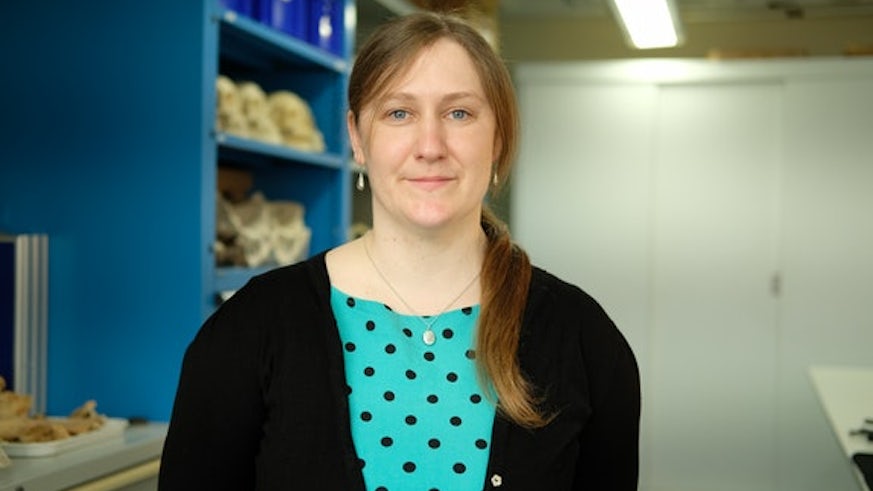Award-winning article
14 August 2023

The ground-breaking research of a team of archaeologists takes prized award
Collaborative research led by bioarchaeologist Dr Julia Best at Cardiff University was judged the winner of the 2023 Ben Cullen Prize.
Radiocarbon dating redefines the timing and circumstances of the chicken’s introduction to Europe and northwest Africa was selected from the entire 2022 article output of Antiquity across all aspects of world archaeology, judged by the journal’s editorial advisory board and directors and trustees.
The research, conducted with colleagues from Exeter, Oxford, Bournemouth and several other institutions, showed how animals now mass reared for meat and eggs were initially revered as exotica and were introduced to Europe much later than previously thought.
The article hit international headlines when it was announced in June last year, featuring in more than 300 media outlets and becoming one of Antiquity’s most downloaded papers of the year.
Antiquity awards two prizes annually for outstanding work in the field of archaeology: the Antiquity prize and the Ben Cullen Prize.
Awarded since 1996, previous Ben Cullen Prize winning projects include the discovery of the original Stonehenge circle near its bluestone quarry site and boom and bust in Bronze Age Britain.
The Ben Cullen Antiquity prize was founded by Ian Gollop in 1996 in honour of Ben (1964 – 1995) a promising young archaeologist who died unexpectedly.
The 2023 prize was announced in June’s Antiquity magazine.
Fundamental to the engagement elements of the Consuming prehistory: feeding Stonehenge project, bioarchaeologist Dr Julia Best (BA 2008, MA 2010, PhD 2014) specialises in zooarchaeology, with particular interests in avian zooarchaeology, British zooarchaeology and Medieval economy and craft.
